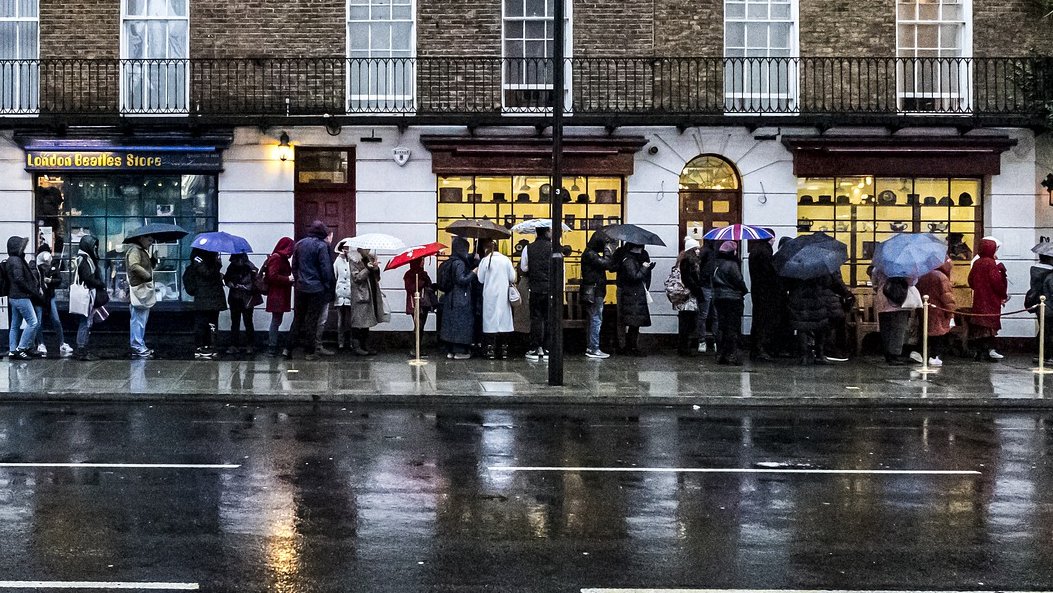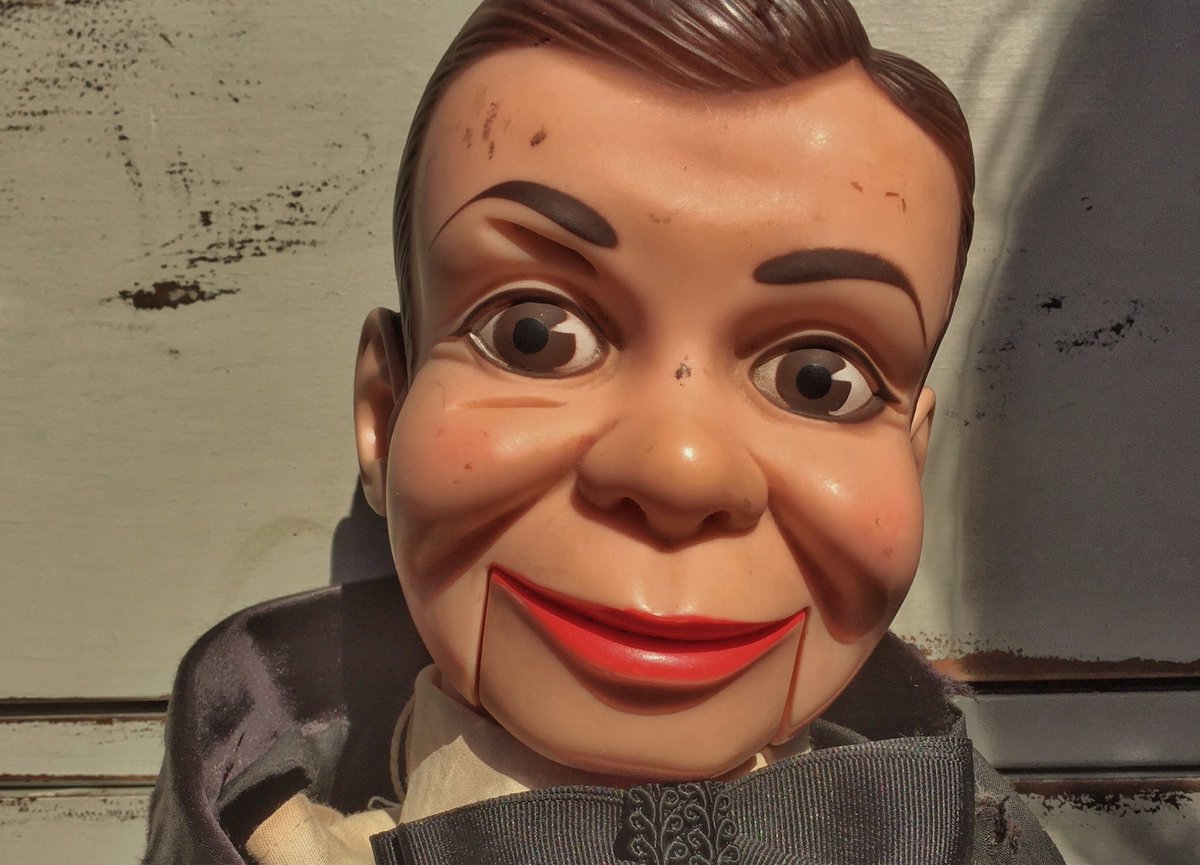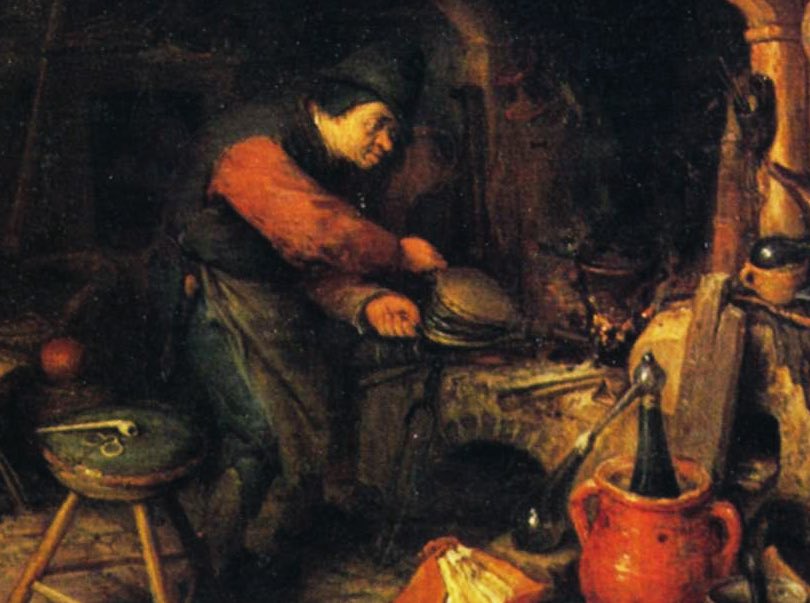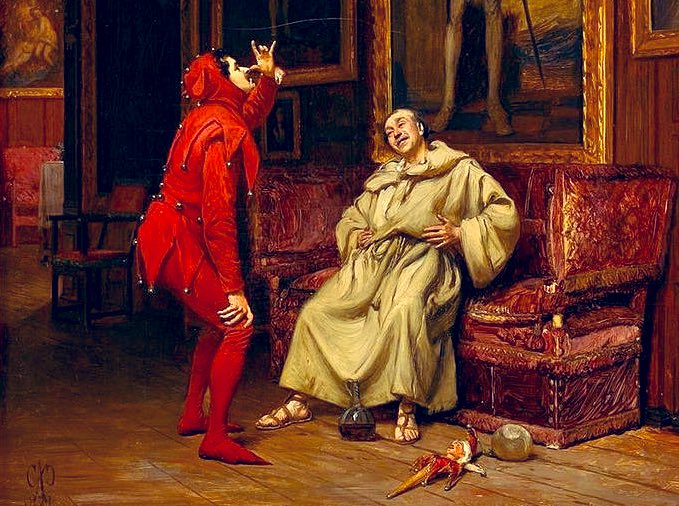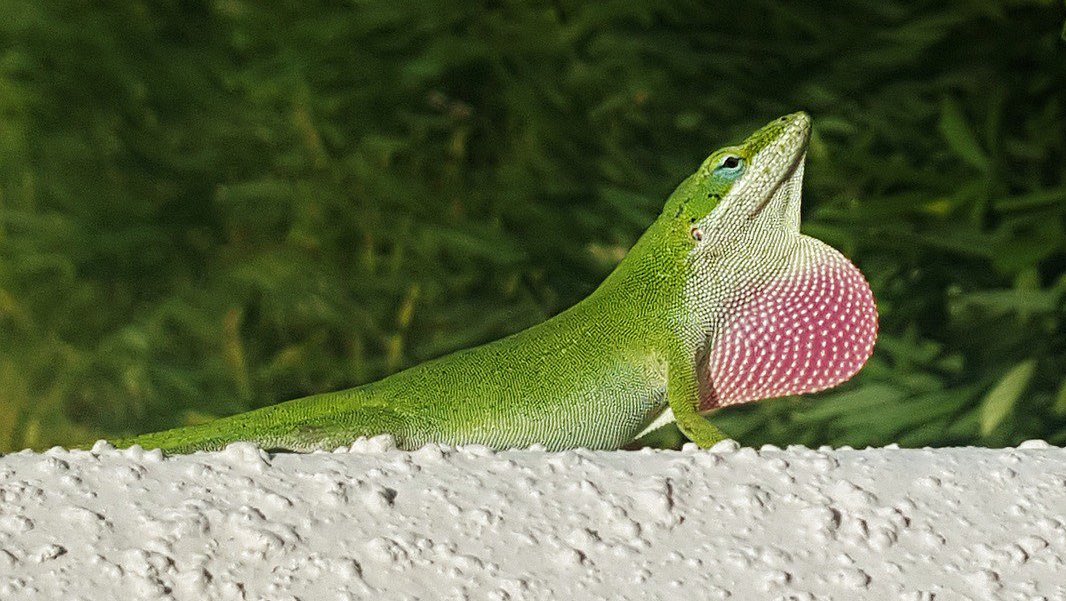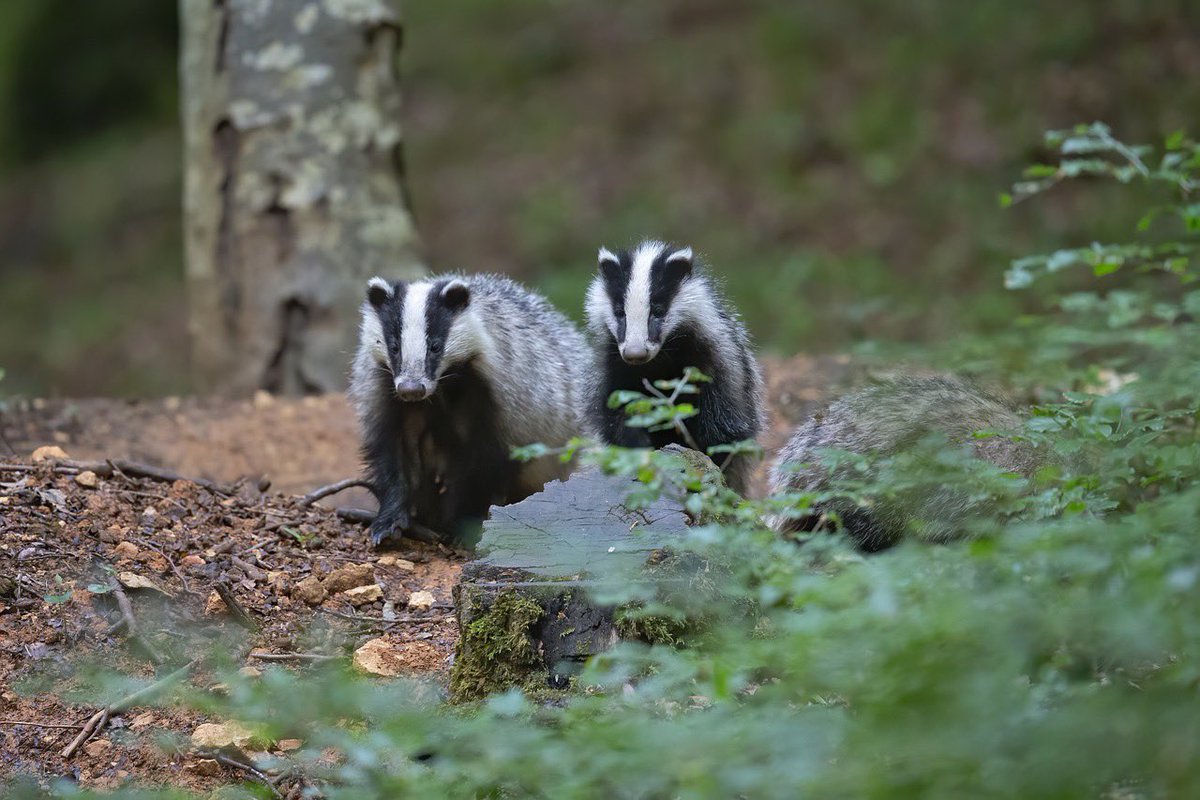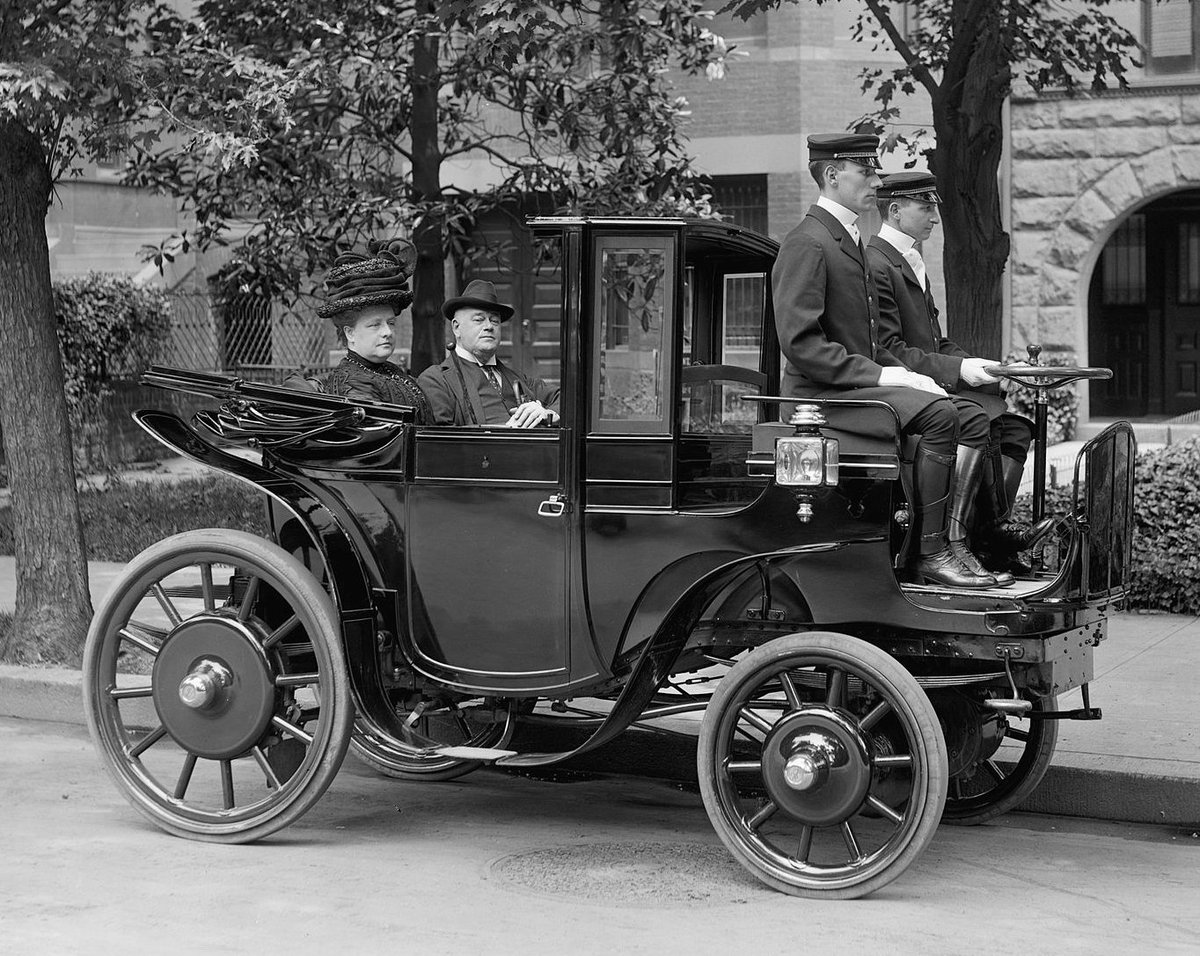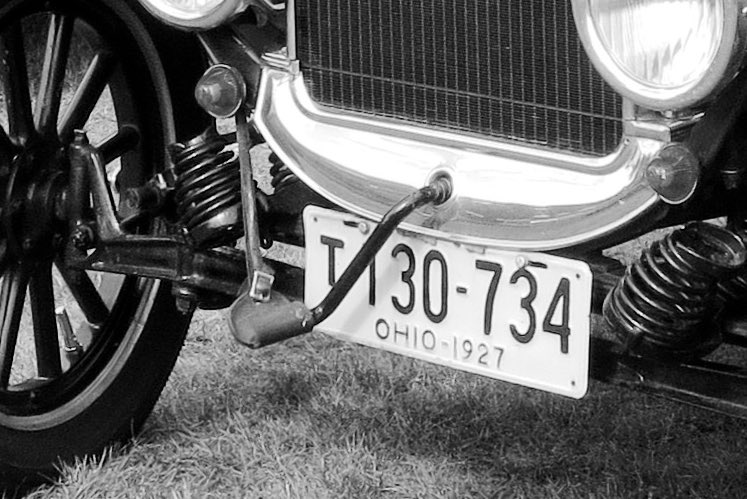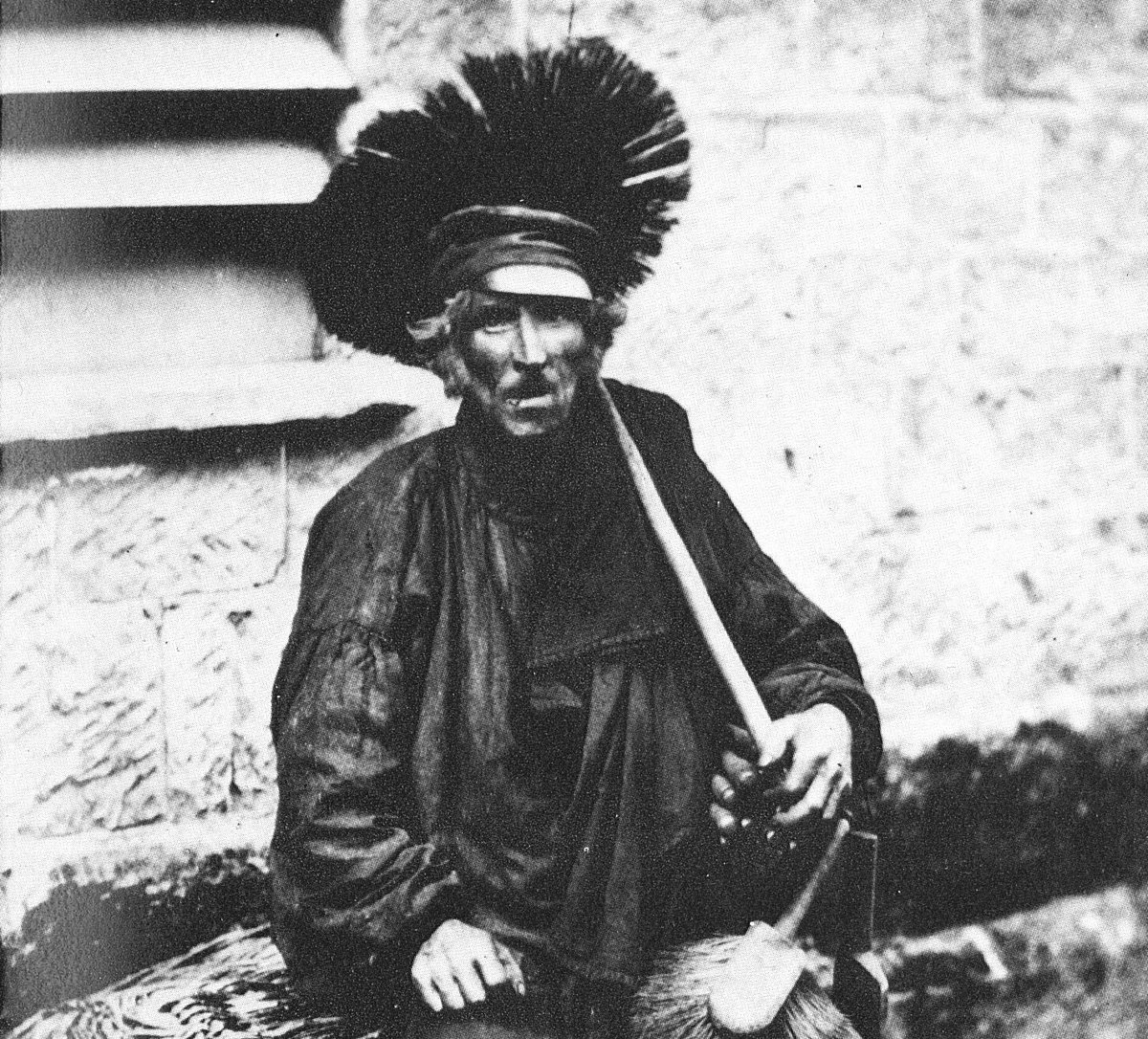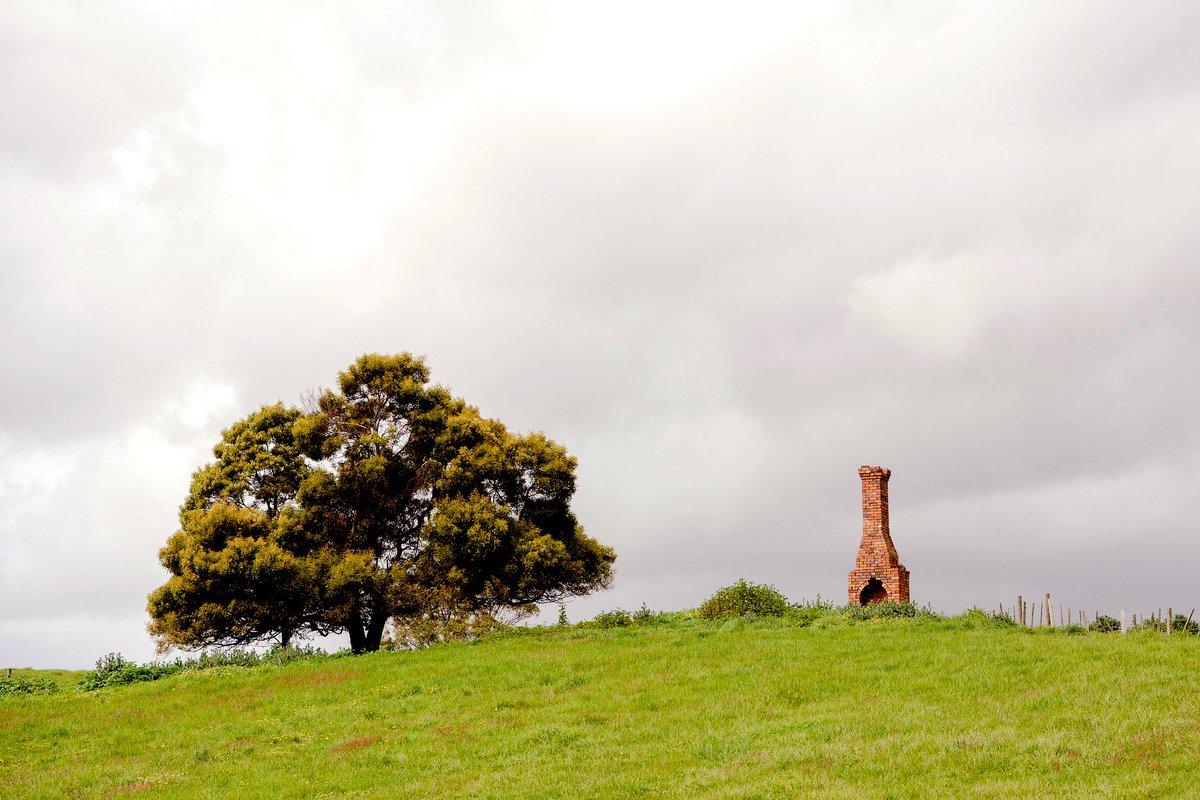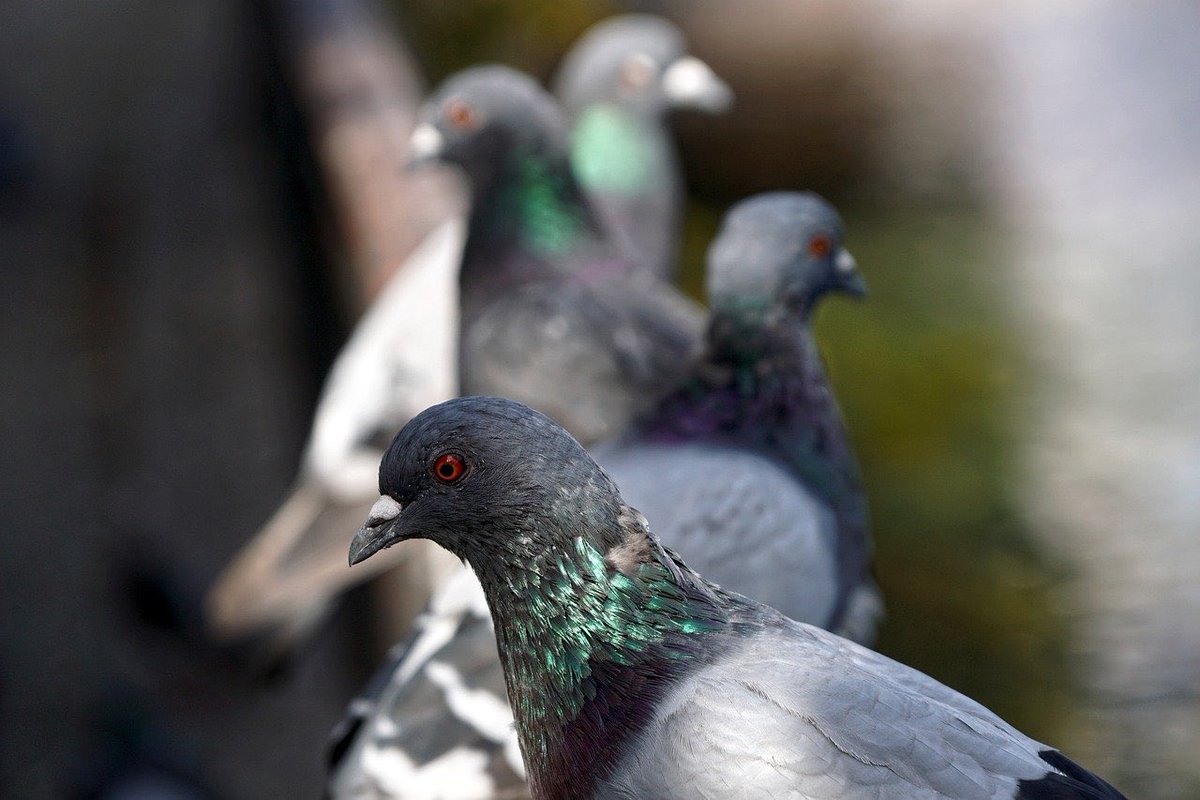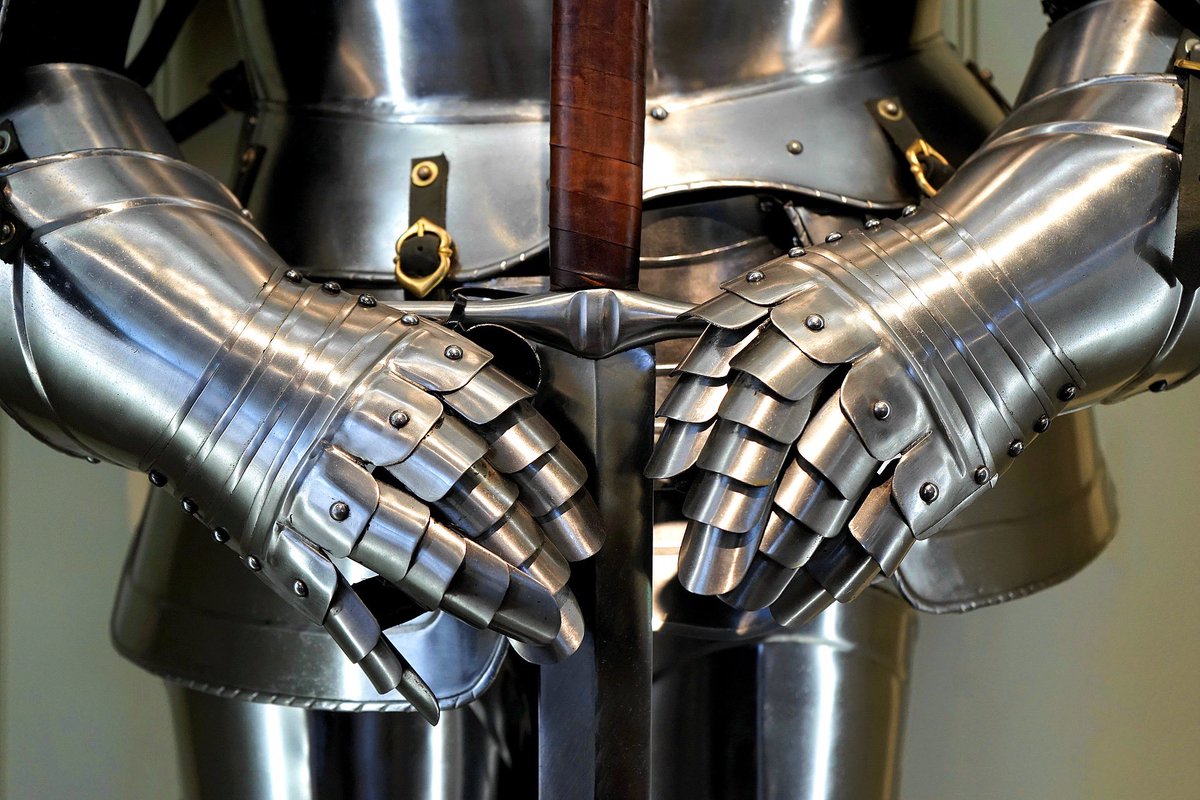2. In the sense of a later event or consequence, the word AFTERMATH originally referred to a second crop of grass grown or cut after the first had been harvested.
3. FOX FROST is frost thick enough to separate individual blades of grass, and lift pieces of loose earth from the surface of the ground.
9. As a name for the stomach, BELLY derives from the Old English word ‘belg’—which is also the origin of the word BELLOWS.
10. The Latin word for a set of bellows was ‘follis’. Because of their pouch-like shape, that’s the origin of the word FOLLICLE. And because they’re full of air, it’s the origin of the word FOOL.
11. To be FOOLHARDY is literally to be ‘foolishly hardy’, or recklessly bold. If you’re FOOLHASTY, then you’re foolishly hasty, and act too quickly or rashly for your own good.
13. There are craters on the planet Mercury named BURNS, BYRON, COLERIDGE, DONNE, KEATS, MILTON and SHAKESPEARE.
14. Shakespeare is popularly said to have started work on The Tempest after hearing of the wreck of the Sea Venture, which was shipwrecked on Bermuda during a storm in 1610. The wreck is now depicted on the Bermudian flag.
15. A GULAR FLAG is a retractable fold of neck skin used by some lizards and other reptiles to communicate to one another.
16. Samuel Johnson’s Dictionary defines a LIZARD as “an animal resembling a serpent, with legs added to it”.
18. ‘If the badger leaves his hole, the fox will creep into it’ is a proverbial warning against taking your eye off something important, or neglecting something you care deeply for.
21. The term PRIZE MONEY originally referred to the money made by selling the cargo of a captured ship.
22. The word CARGO derives from ‘carrus’, the Latin word for a wagon—which is also where the word CAR comes from.
23. LIMOUSINE cars are named after a style of hood once popular in the Limousin region of France, which the pleated fabric covers on the backs of early limousine cars was supposed to resemble.
24. A CHAUFFEUR’S FRACTURE is a fracture of the radius bone, so named because it so often affected drivers turning the starting handles of early motor cars.
26. The Irish word MÚCHÁN can be used to refer to the ruins of a chimney stack, marking what was once the site of a house.
27. In 2012, the remains of a Second World War carrier pigeon were found in a chimney in Surrey, along with the coded message it had left France with 68 years earlier. The message has been claimed to have been decoded several times, but its precise meaning remains disputed.
28. Proverbially, ‘to shoot at a pigeon and kill a crow’ is to fall short of expectations, or to get less or worse than you wanted or tried for.
29. Named after one of a pair of warriors in Homer’s Iliad who swap their armour mid battle, a GLAUCUS SWAP is an unfair exchange that benefits one side more than the other.

 Read on Twitter
Read on Twitter



